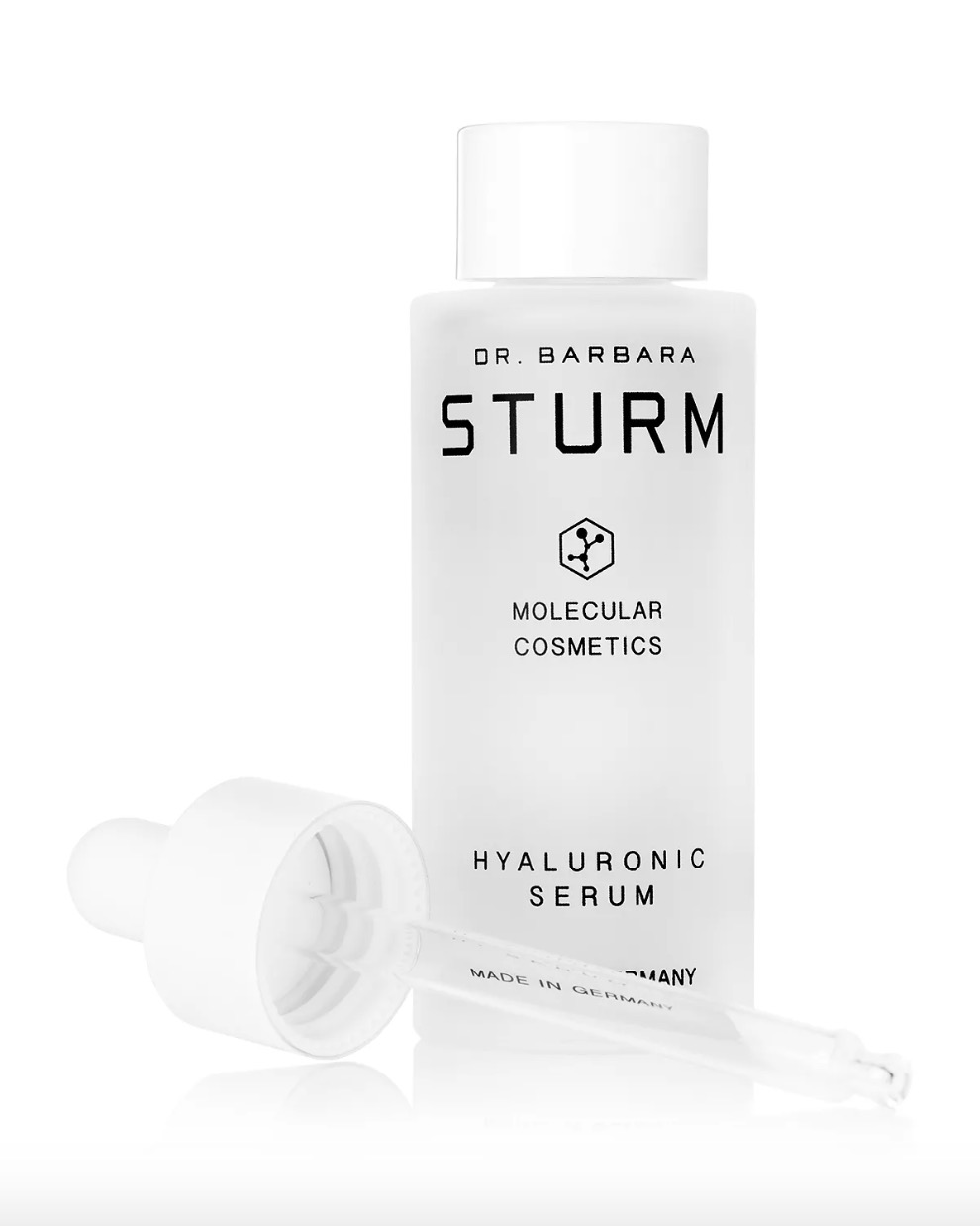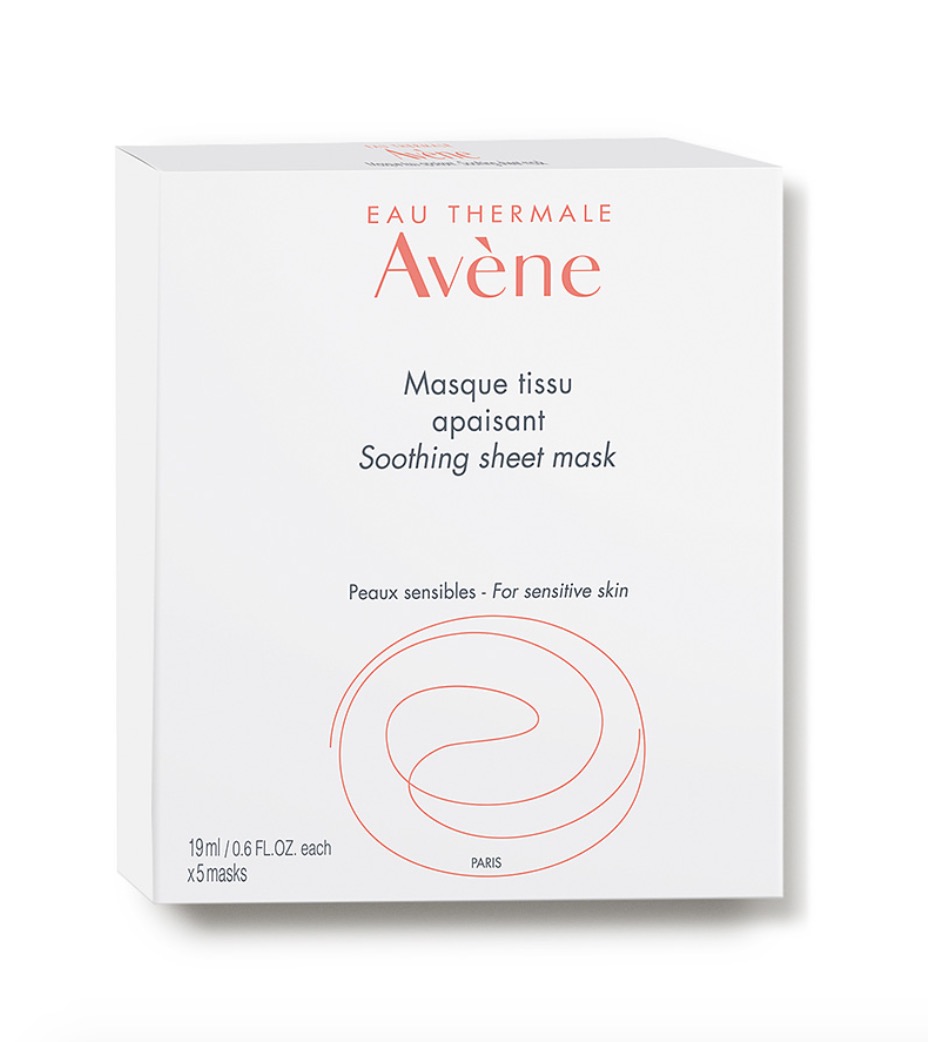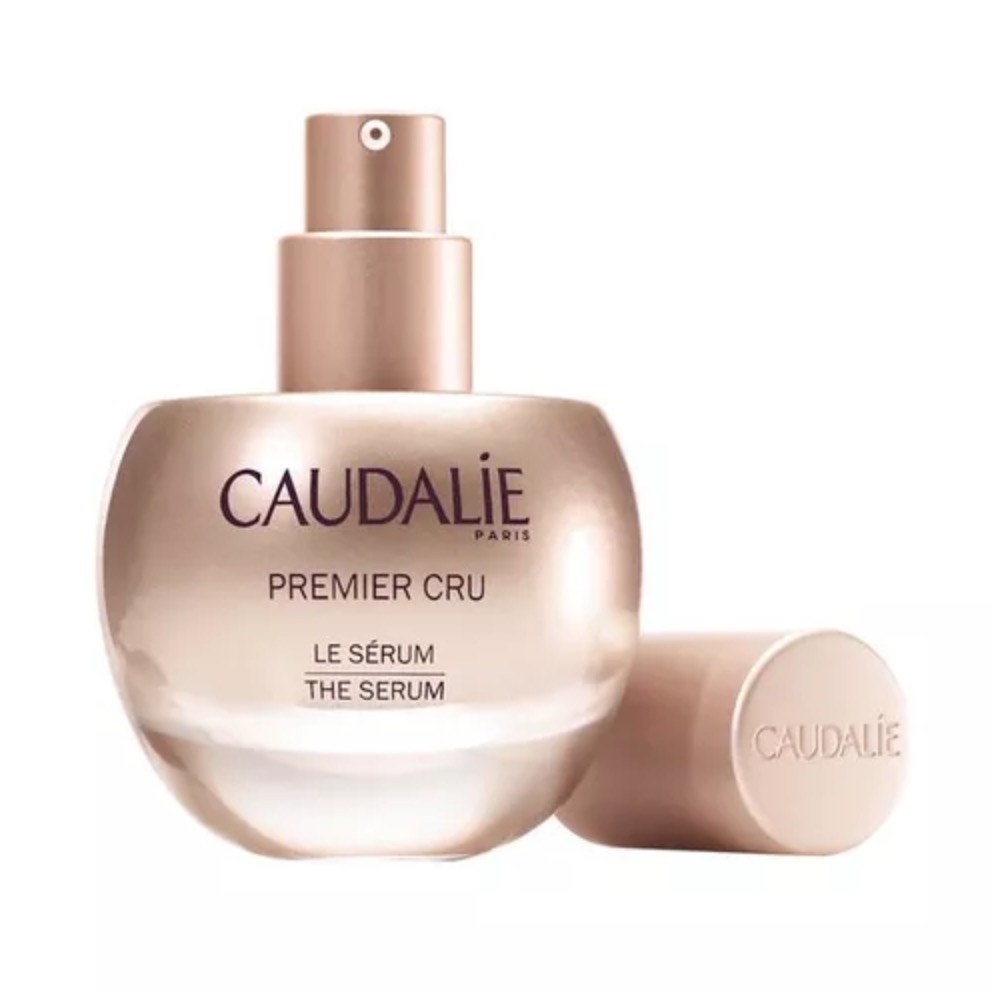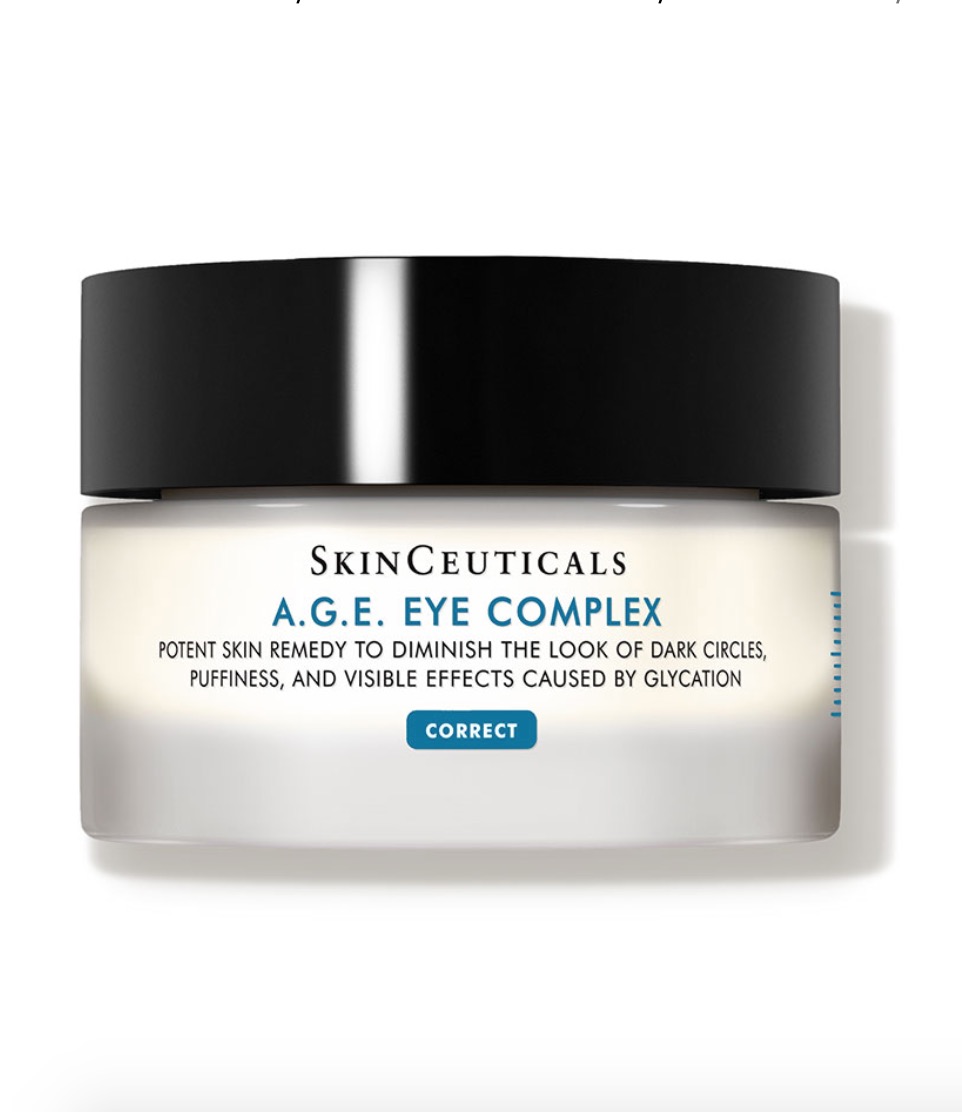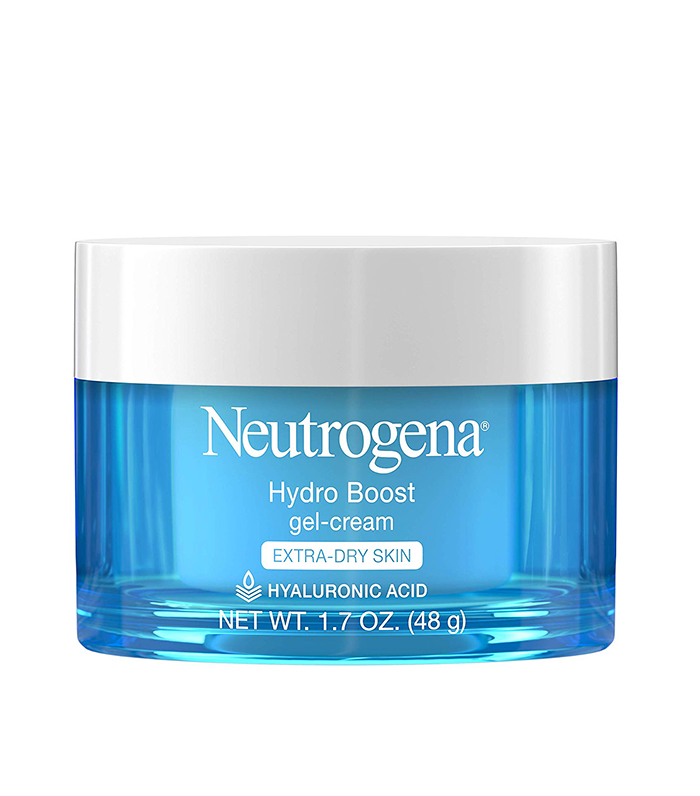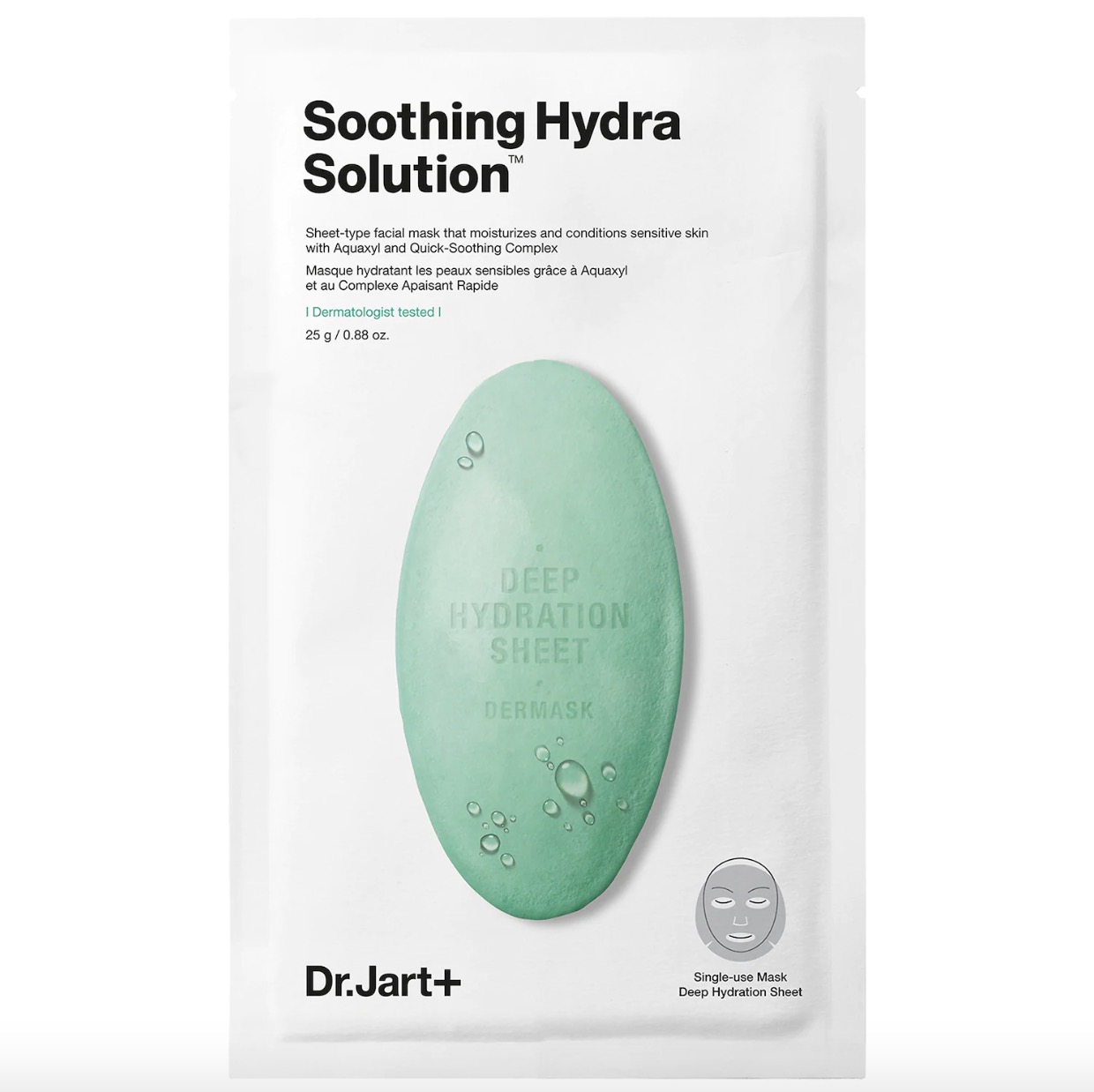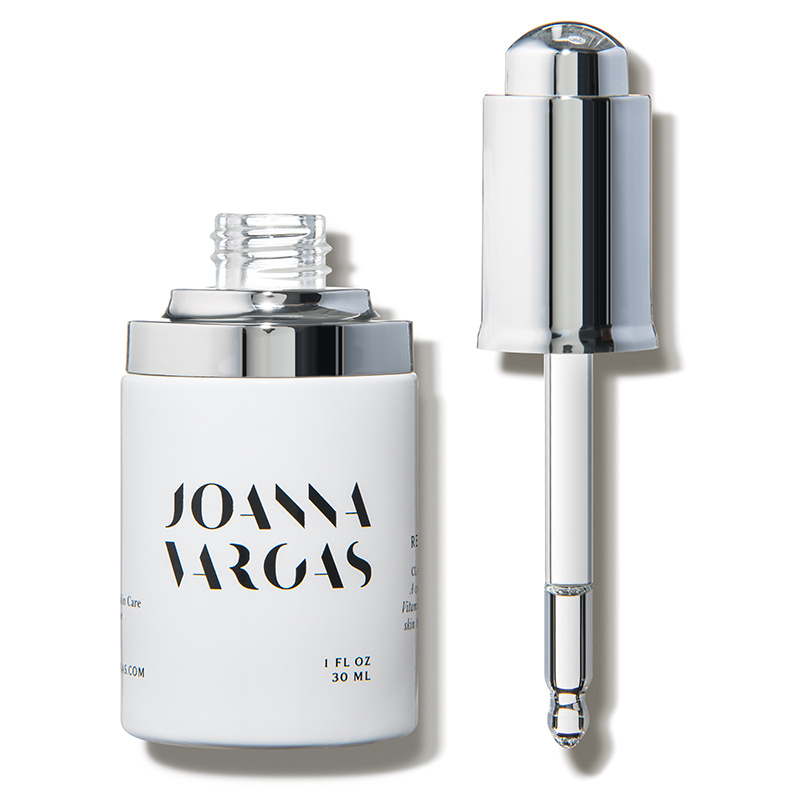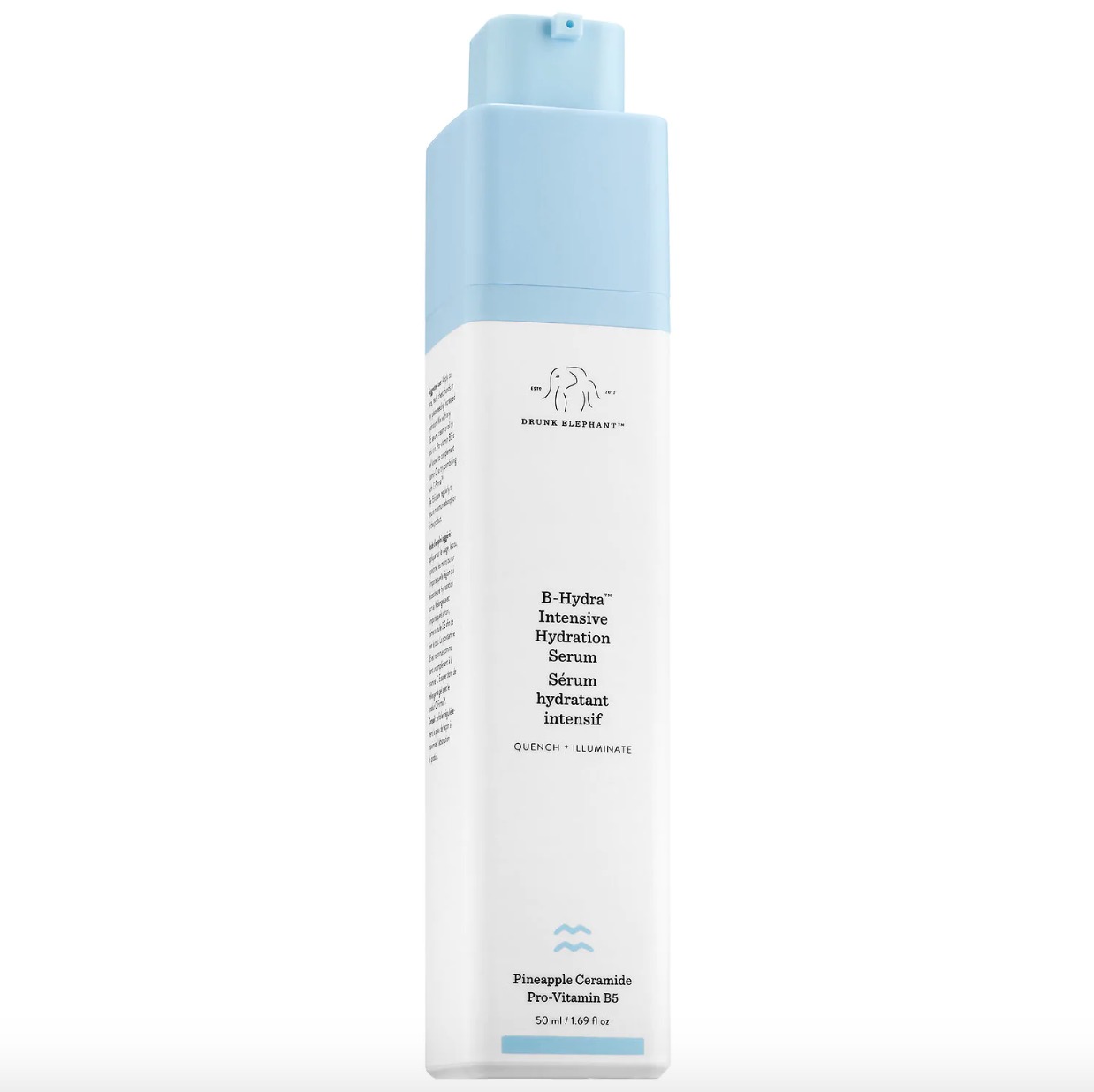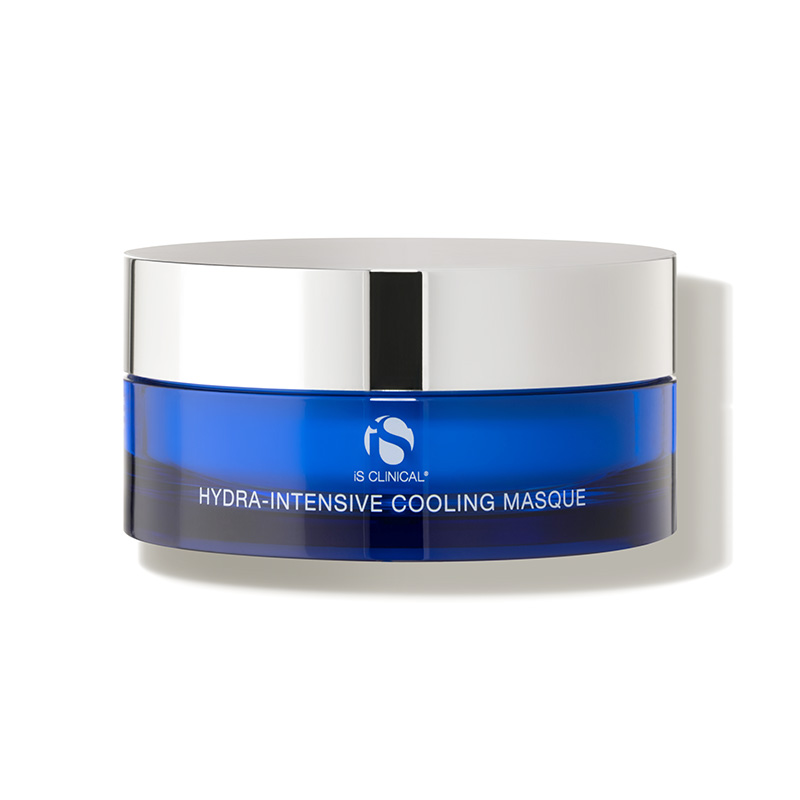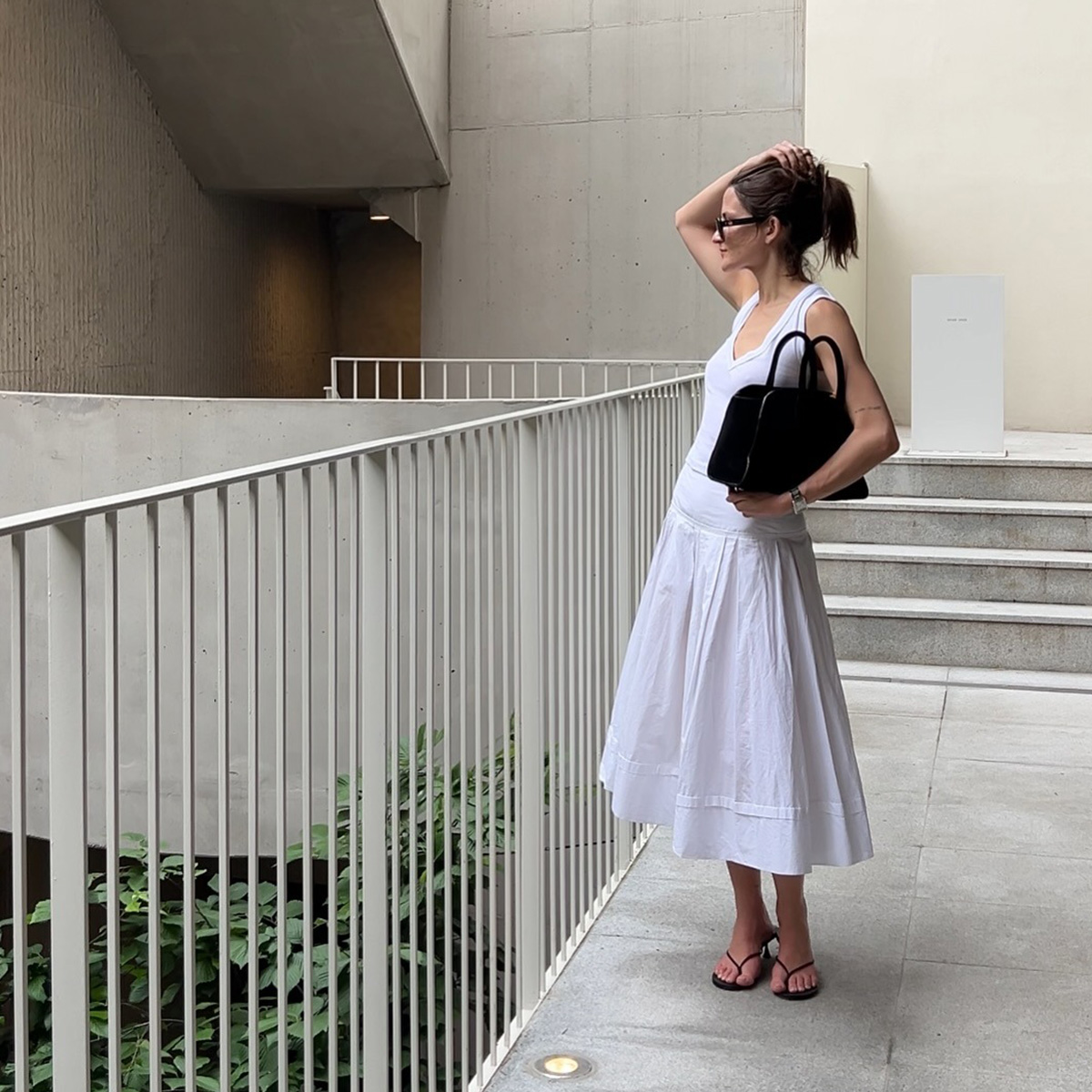This Is What Happens to Your Skin When You Drink Alcohol
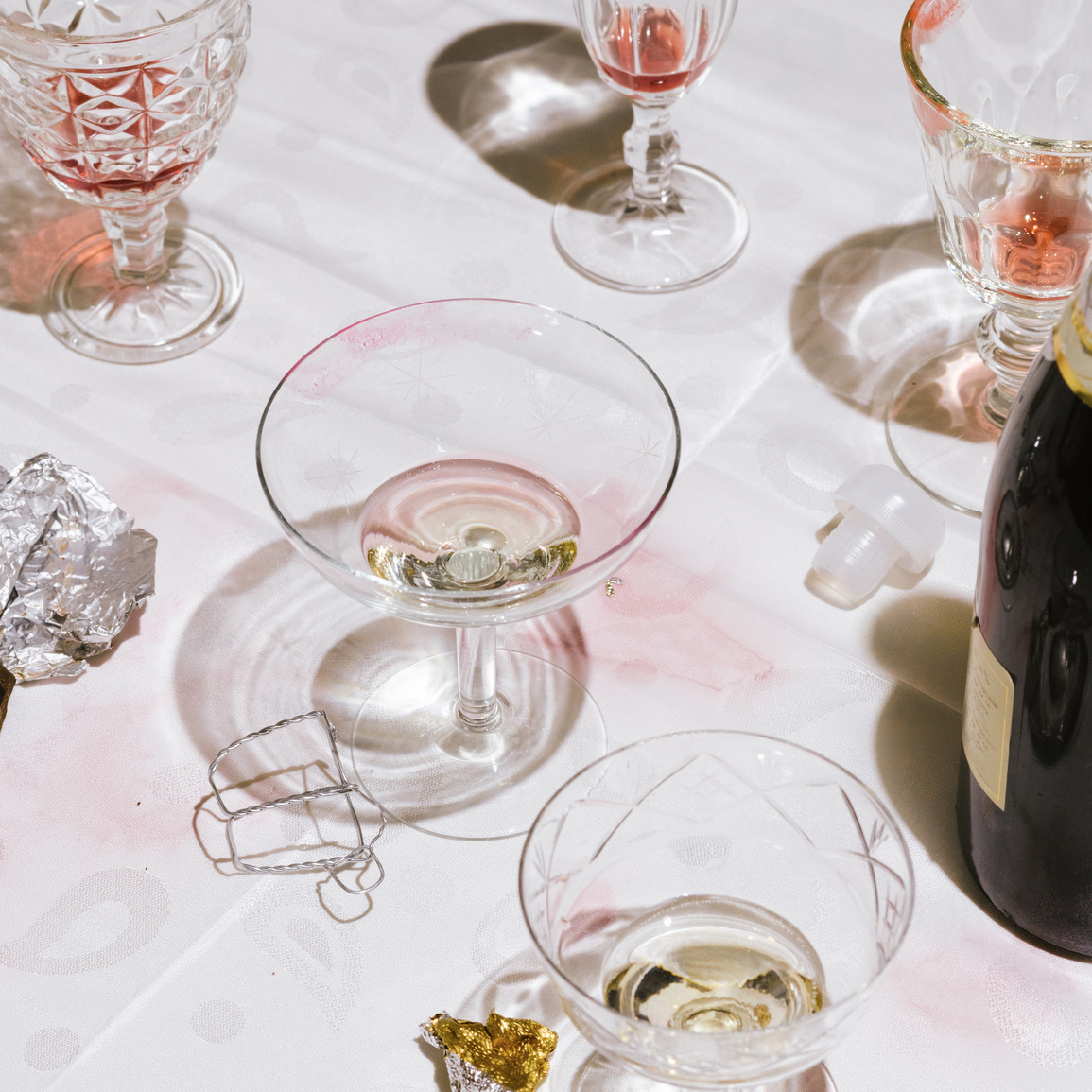
From nausea and headaches to anxiety and dehydration, we all know what can happen when you consume too much alcohol. But how does over-imbibing affect your skin? Considering alcohol's profound mental and physical effects, we seriously doubt that your skin—your body's largest organ—can escape a night of partying unscathed.
To answer this question, we tapped Morgan Rabach, a board-certified dermatologist and the co-founder of LM Medical. Below, read up on the effects of alcohol on skin, the best and worst drinks for skincare, and how to help your skin recover from a night out.
How Alcohol Affects Your Skin
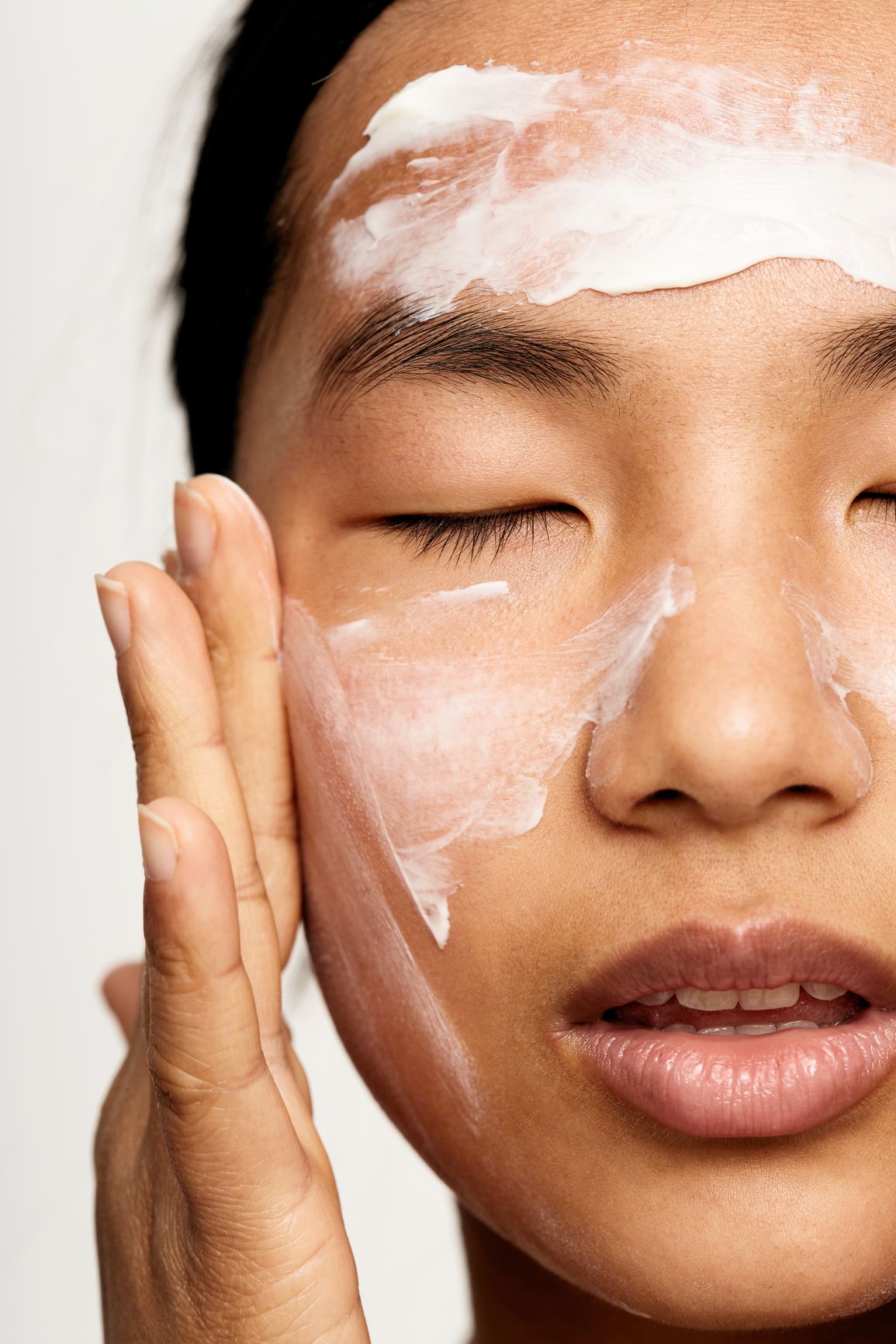
"Alcohol is a diuretic, which means it causes water to leave your body, thus dehydrating your skin," Rabach says. "When your skin is dehydrated, it loses plumpness, and fine lines and wrinkles become more apparent." Alcohol also reduces antioxidants in the skin, particularly vitamin A, which helps with cell renewal and turnover. A lack of this essential compound inhibits your body's natural ability to ward off free-radical damage and protect your skin from environmental stressors.
What's more, "alcohol is pro-inflammatory, meaning it can cause flares in certain inflammatory skin conditions like acne, rosacea, and psoriasis," she adds. This is partly due to the fact that alcohol causes vasodilation, which is the widening of blood vessels. This increases redness and flushing and can even give rise to facial spider veins and a puffy complexion.
The Best & Worst Alcoholic Beverages for Your Skin
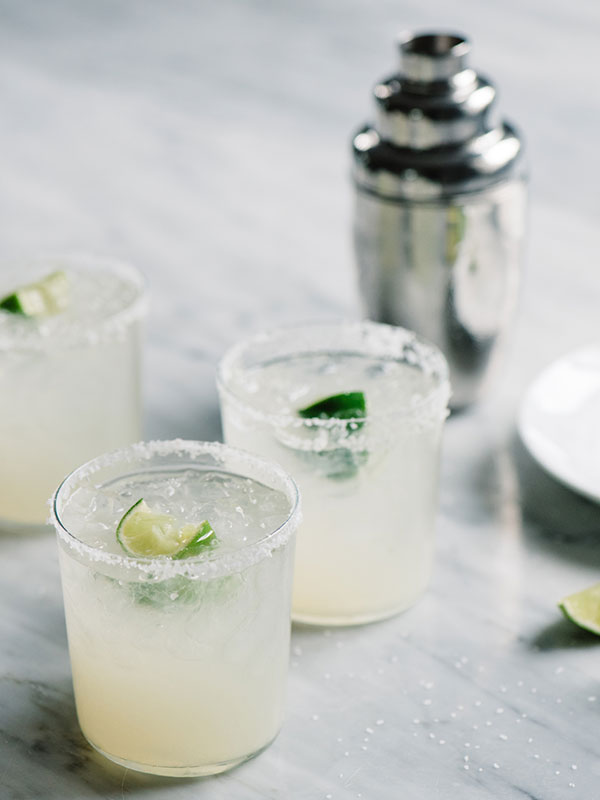
It goes without saying that the more you drink, the worse your skincare hangover symptoms will be. But as Nancy Samolitis, MD, points out, not all alcohols are created equal.
Generally speaking, she suggests avoiding any sugar-heavy wines, cocktails, or mixers, as they can increase inflammation, spike your blood sugar, and lead to acne breakouts. Stick to pure additives like club soda and lemon or lime juice to add flavor without excess sugar.

When it comes to selecting your drink of choice, antioxidant-rich red wine is first on her list. The polyphenols and resveratrol can actually benefit your body and your skin. As far as liquor goes, clear spirits like tequila and vodka contain minimal sugars and few added ingredients.
How to Revive Your Skin After a Night Out
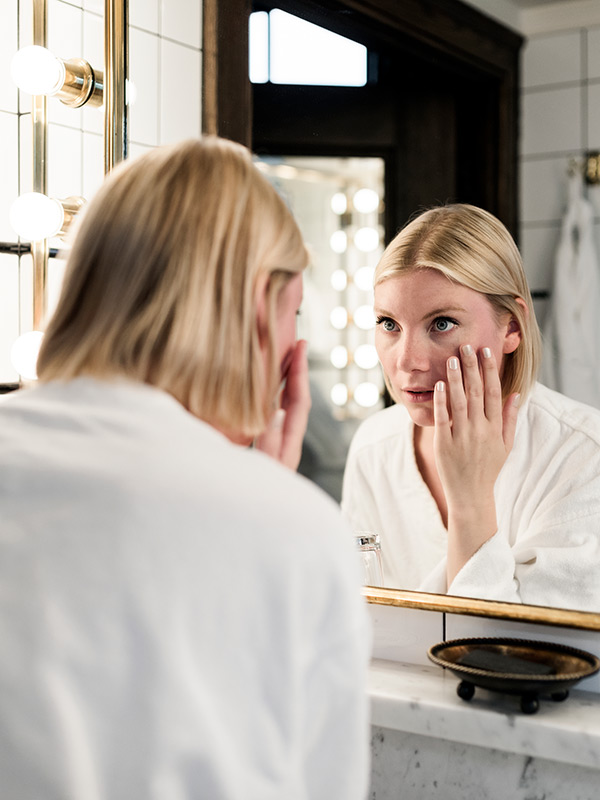
There are plenty of steps you can take before and after drinking to help your skin recover. "Drinking one glass of water per drink helps prevent dehydration, and drinking water overnight also helps," explains Rabach. "Remember to wash your face when you get home, and always remove makeup! This also prevents pores from getting clogged."
As far as skincare products go, Rabach swears by antioxidant-rich serums and lush hydrators like hyaluronic acid after a long night out. These healing ingredients will replenish your skin and draw much-needed moisture and hydration back to your epidermis.
You can also tailor your skincare routine to your unique needs. If you notice a new pimple or puffy under-eyes after a night out, by all means, reach for your favorite spot treatment or eye cream.
Hangover Essentials: Skincare Edition
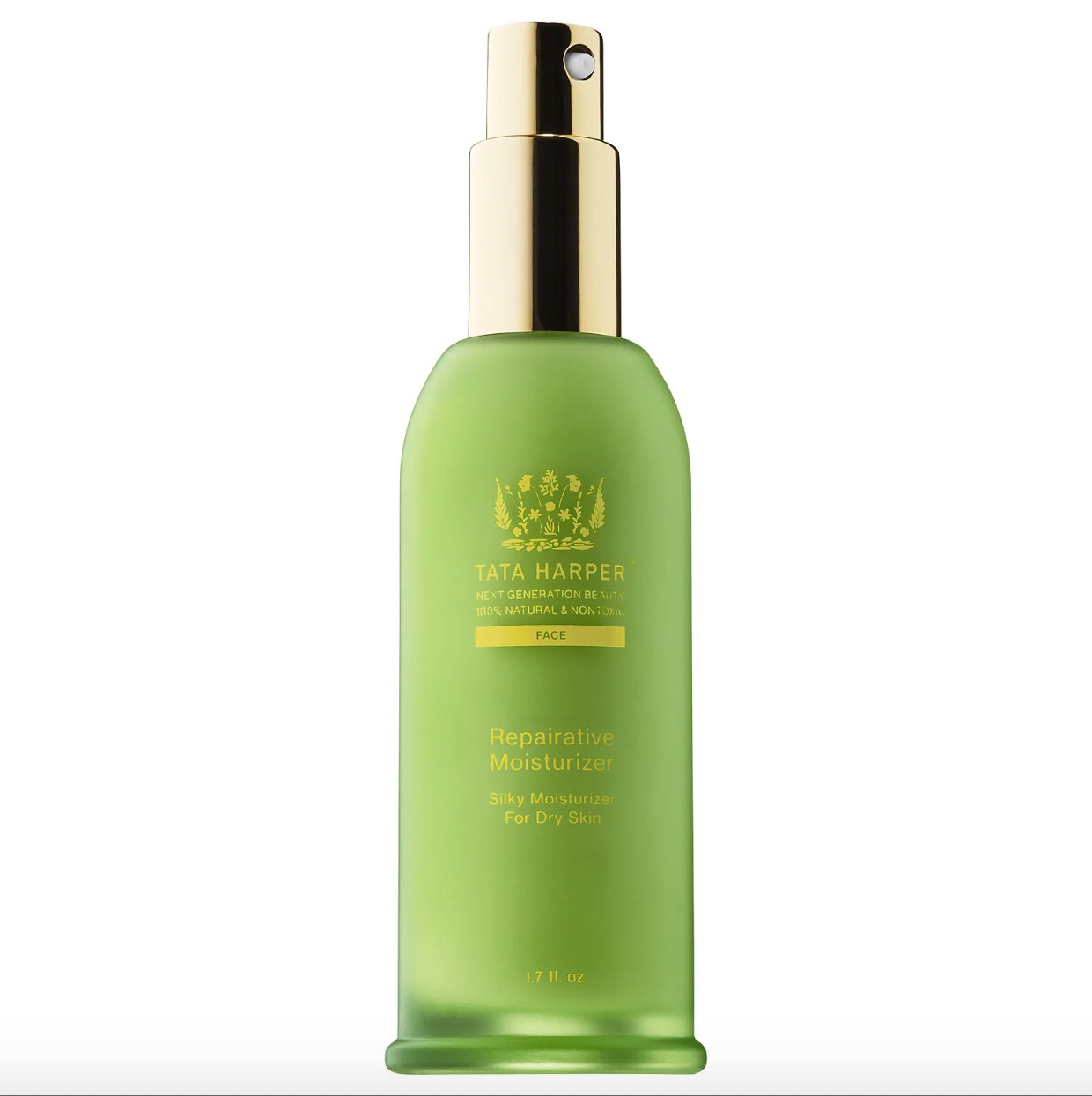
This anti-aging moisturizer is formulated with powerful dual-weight hyaluronic acid and firming buckbean extract.
Next up: This Is What Happens to Your Body When You Quit Alcohol
This article is provided for informational purposes only and is not intended to be used in the place of advice of your physician or other medical professionals. You should always consult with your doctor or healthcare provider first with any health-related questions.
Kelsey Clark is a freelance writer and content strategist based in Detroit. She got her start in editorial in New York City as MyDomaine's lifestyle editor and has since gone full-time freelance. She now contributes to Who What Wear, THE/THIRTY, Domino, Glamour, The Zoe Report, Apartment Therapy, and more, in addition to working with brands such as Bloomscape and EyeSwoon on content strategy and copywriting. She's written about fashion, interior design, health and wellness, pop culture, food, travel, politics, and professional development, but she'd consider the first three verticals her main "beats."
-
 It's Time to Get Our Nutrition in Check for Summer—This App Is Making It Easy
It's Time to Get Our Nutrition in Check for Summer—This App Is Making It EasyThe recipe ideas are endless.
-
 Bella Hadid and Gwyneth Paltrow Apparently Love Sakara Life, so We Tried It for 30 Days
Bella Hadid and Gwyneth Paltrow Apparently Love Sakara Life, so We Tried It for 30 DaysHere are our honest thoughts.
-
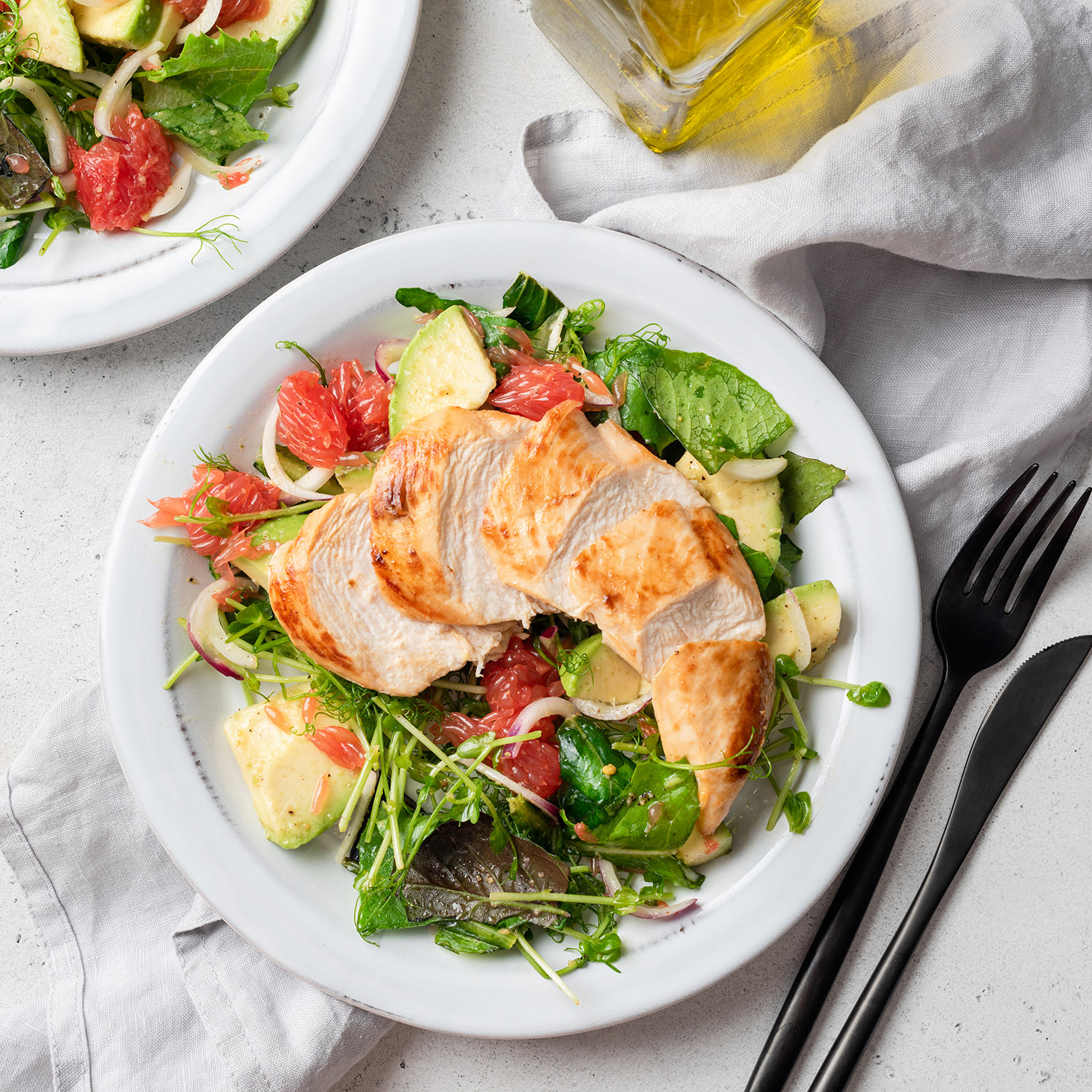 The 6 Warning Signs You're Not Getting Enough Protein
The 6 Warning Signs You're Not Getting Enough ProteinAnd what to eat to up your intake.
-
 Everything This Professional Ballet Dancer Eats to Fuel Her for Performances
Everything This Professional Ballet Dancer Eats to Fuel Her for PerformancesHer grocery staples include high-quality French butter.
-
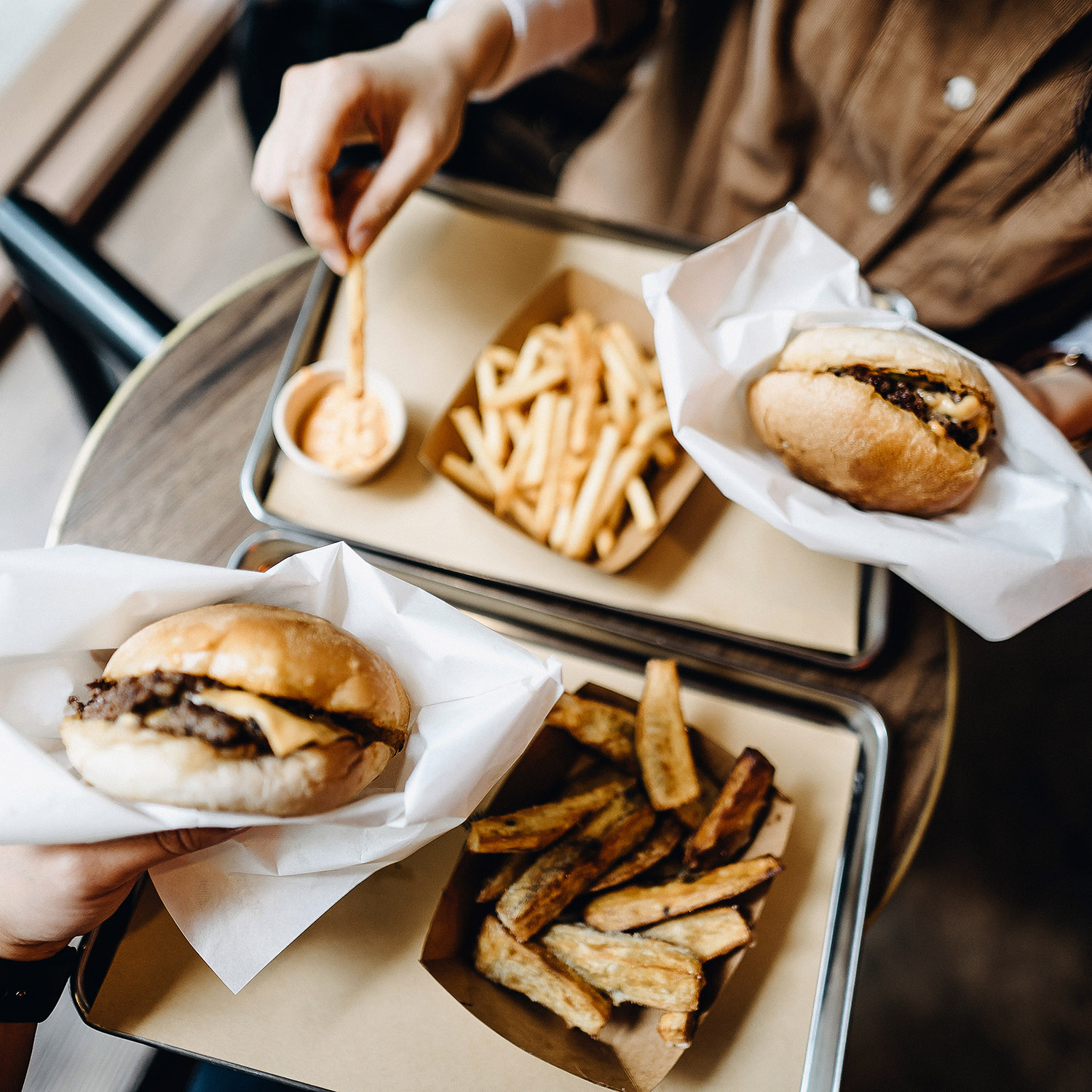 These 8 Foods Are the Worst for Rosacea—Here's What to Eat Instead
These 8 Foods Are the Worst for Rosacea—Here's What to Eat InsteadControl those flare-ups.
-
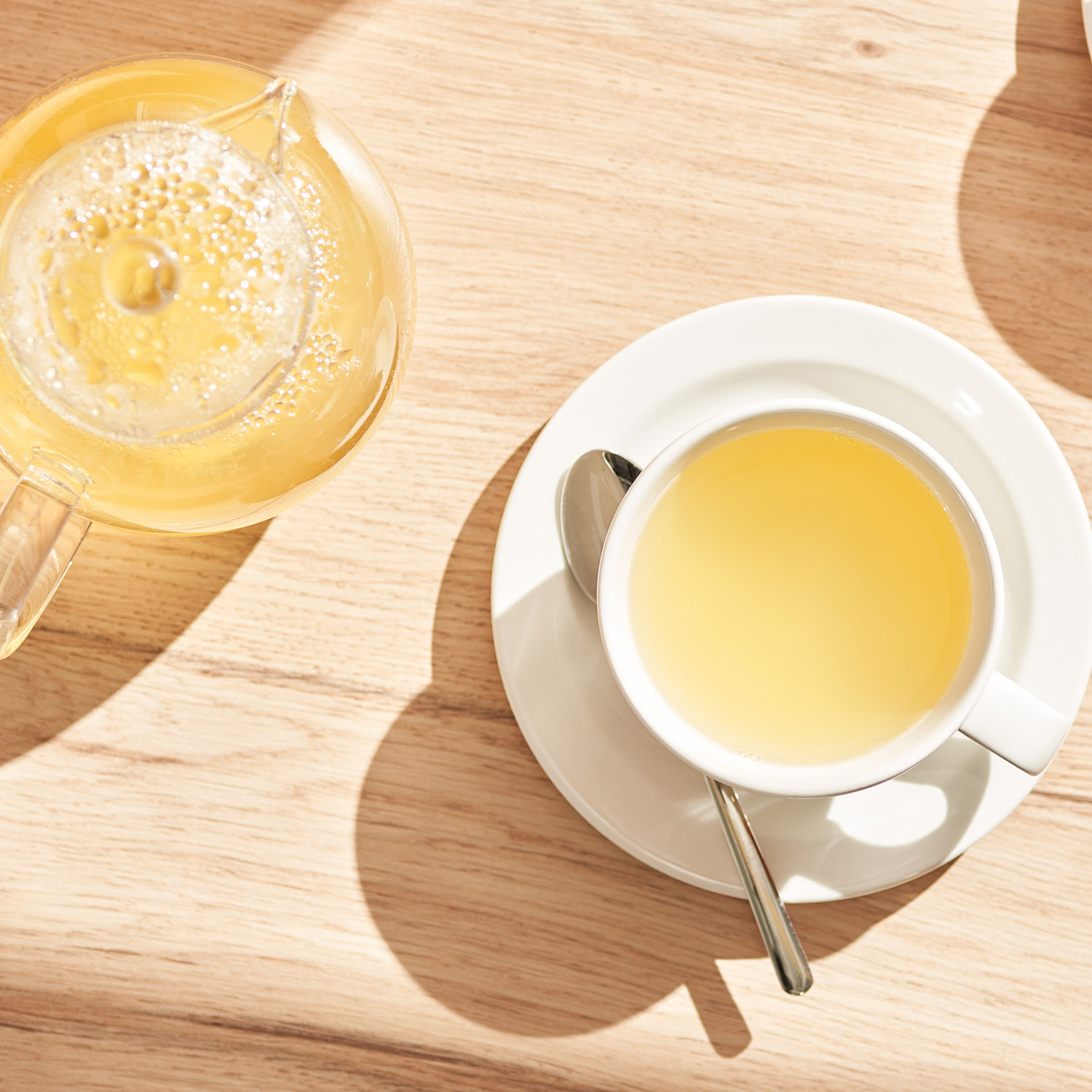 15 Things That Cause Bloating and How to Get Rid of It ASAP
15 Things That Cause Bloating and How to Get Rid of It ASAPTry these.
-
 Is the Alkaline Diet Overhyped? What Experts Want You to Know
Is the Alkaline Diet Overhyped? What Experts Want You to KnowHere's how it works.
-
 I'm an Imperfect Dietitian and My Key to Eating Healthy Meals Is Convenience
I'm an Imperfect Dietitian and My Key to Eating Healthy Meals Is ConvenienceTake a peek at my weekly grocery staples.
